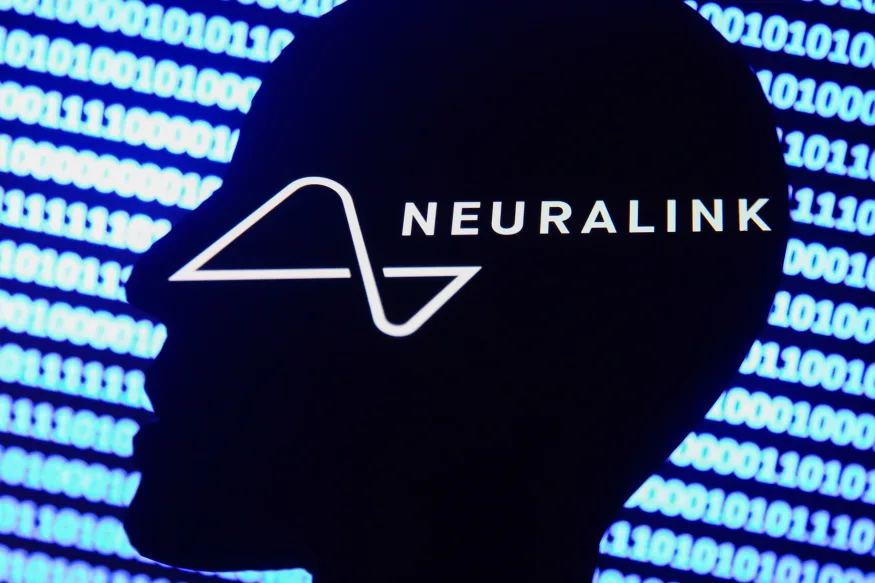Neuralink, the brain-chip firm founded by Elon Musk, has just received approval from the US Food and Drugs Administration (FDA) to conduct its first tests on humans. This groundbreaking development brings Musk’s vision of connecting brains with computers one step closer to reality.
The Neuralink Chips have undergone successful testing in Monkeys
Neuralink aims to leverage microchips to restore vision and mobility in people, while also assisting individuals with disabilities in using computers and mobile technology. The chips, which have undergone successful testing in monkeys, have the capability to interpret brain signals and transmit information to devices via Bluetooth.

Previously, Neuralink’s bid for FDA approval was rejected due to safety concerns. However, the company has made significant progress since then, and the recent approval is a testament to the hard work and collaboration between Neuralink and the FDA.
While Neuralink has not yet announced plans to recruit participants for the trials, the company is eager to make its technology accessible to a wide range of individuals in the future. The focus on safety, accessibility, and reliability is a top priority during the engineering process.
However, experts have warned that extensive testing is necessary to address both technical and ethical challenges before Neuralink’s brain implants can be widely available. These tests will ensure the reliability and efficacy of the technology while addressing any potential concerns.
Neuralink’s announcement comes in the wake of an exciting breakthrough by Swiss researchers who developed a system of brain implants enabling a paralyzed man to walk simply by thinking about it. This achievement demonstrates the incredible potential of brain-computer interfaces in transforming the lives of individuals with disabilities.
RELATED:
- Microsoft CEO Satya Nadella and Elon Musk Disagree on OpenAI Control
- Neuralink Human Trials Request for Brain Implant Denied by FDA: Report
- Best iPhone 13 Mini Alternatives in 2023
(Via)






